 It would be nice if we had air conditioners that could self-diagnose malfunctions and report them back to the homeowners in detail, right? Honestly, that’s probably not too far-fetched of an idea when you really think about it.
It would be nice if we had air conditioners that could self-diagnose malfunctions and report them back to the homeowners in detail, right? Honestly, that’s probably not too far-fetched of an idea when you really think about it.
In the meantime, though? This isn’t a reality and we need to rely on other methods for our air conditioner to send warning signs that something is amiss. This may be a drop in cooling power, or an unexpected and unexplained spike in energy bills. Or, it may be that your circuit breakers for the indoor and outdoor units keep tripping.
Or, it could be noise. “Wait,” you might be thinking, “my air conditioner always makes noise!” We aren’t talking about the hum of the fans or the faint clicking you might here when the system starts up and shuts down, though. Rather, we’re talking about sounds that are abnormal to what you normally hear, or seem louder than they should be. What could this include? Read on!

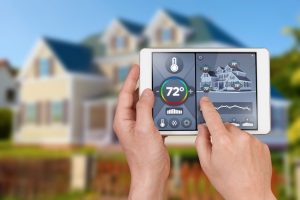 Typically as we get to this part of the year, you’ve had maintenance done for your air conditioner—hopefully—and we’re ready to start enjoying the season, even if it means running our air conditioners on almost a daily basis.
Typically as we get to this part of the year, you’ve had maintenance done for your air conditioner—hopefully—and we’re ready to start enjoying the season, even if it means running our air conditioners on almost a daily basis. Fact #1: Summer is hot.
Fact #1: Summer is hot.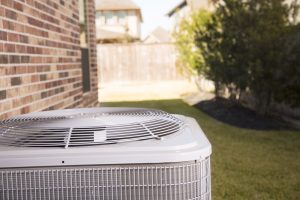
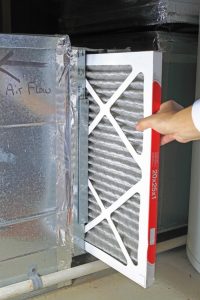 You can’t let a car sit in the garage for six months, start it back up again, and expect it to run without an issue.
You can’t let a car sit in the garage for six months, start it back up again, and expect it to run without an issue.
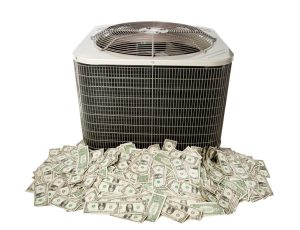 It looks like the Sacramento Municipal Utility District (SMUD) will be
It looks like the Sacramento Municipal Utility District (SMUD) will be 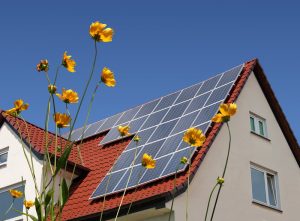 After a homeowner is set up with their own heating and cooling system, what’s left? Ask them, and what most of them might say is: efficiency. It’s all about keeping those monthly HVAC costs as low as possible, and that means using the system purposefully and without waste.
After a homeowner is set up with their own heating and cooling system, what’s left? Ask them, and what most of them might say is: efficiency. It’s all about keeping those monthly HVAC costs as low as possible, and that means using the system purposefully and without waste.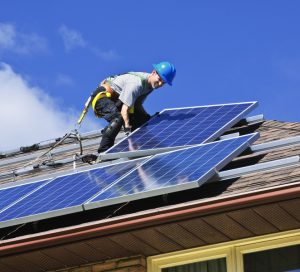 Are you considering solar energy for your home? Or maybe you’re already convinced but are trying to understand how a solar energy installation would work from a practical standpoint.
Are you considering solar energy for your home? Or maybe you’re already convinced but are trying to understand how a solar energy installation would work from a practical standpoint.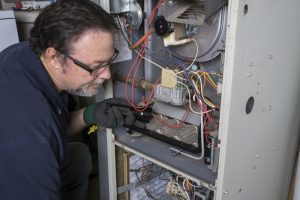 How can you tell when you
How can you tell when you